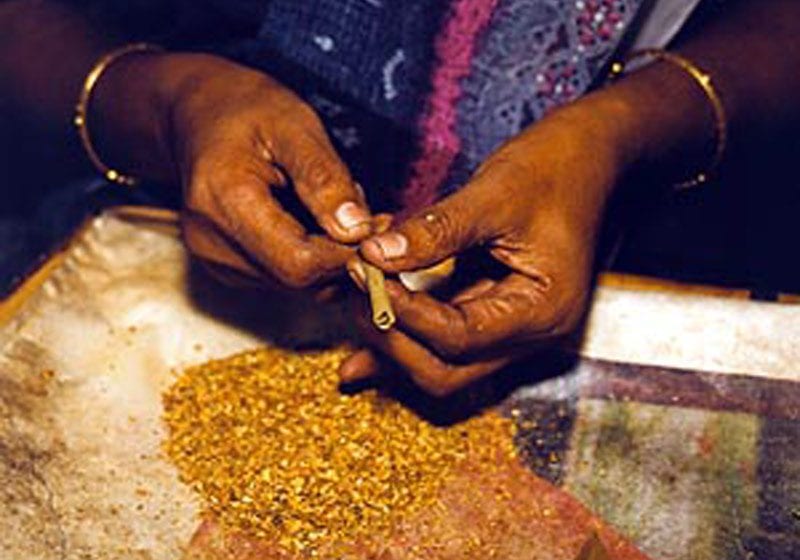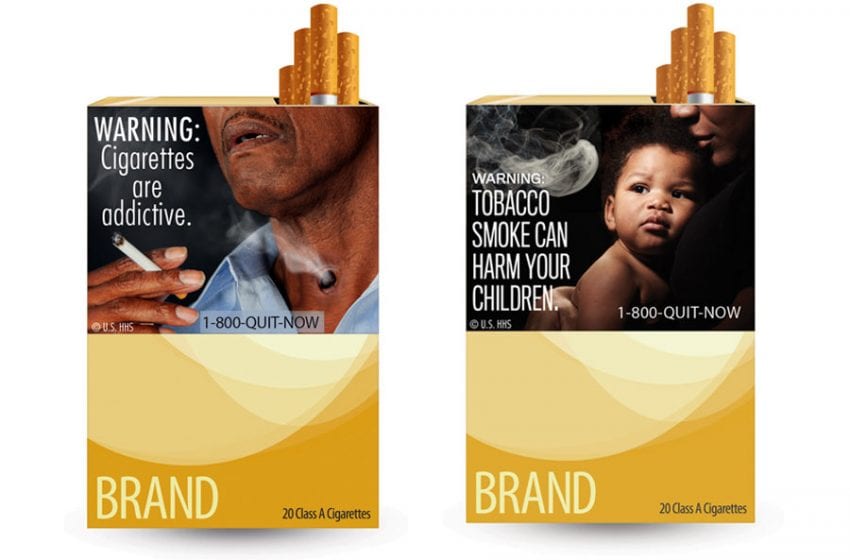Bangladesh’s National Board of Revenue (NBR) has withdrawn tobacco-product export-duty in respect of factories located within the country’s export processing zones (EPZ), sparking criticisms among anti-tobacco campaigners, according to a story in The New Age.
The board has issued a statutory regulatory order withdrawing the 25 per cent tax, which was imposed in the budget for the current fiscal year, 2017-2018, on the export of tobacco products such as cigarettes, cigars, cheroots, cigarillos, water pipe tobacco, and homogenized and reconstituted tobacco.
The exemption will come into force retrospectively from July 1, 2017.
Officials at the board said they had taken the decision to withdraw the tax in line with the EPZA Act which said exports by the factories located at EPZs would be tax free.
Bangladesh has eight EPZs.
Meanwhile, anti-tobacco campaigner A.B.M. Zubair, executive director of Proggra, said the NBR exempted tobacco export tax for EPZ companies at a time when the government had been taking various steps to discourage tobacco cultivation and the consumption of tobacco products.
But export tax exemption for tobacco products would encourage tobacco cultivation in the country, which would be negative as far as public health and food security were concerned, he said.
Zubair added that tobacco companies should not be allowed to operate in the EPZs.








